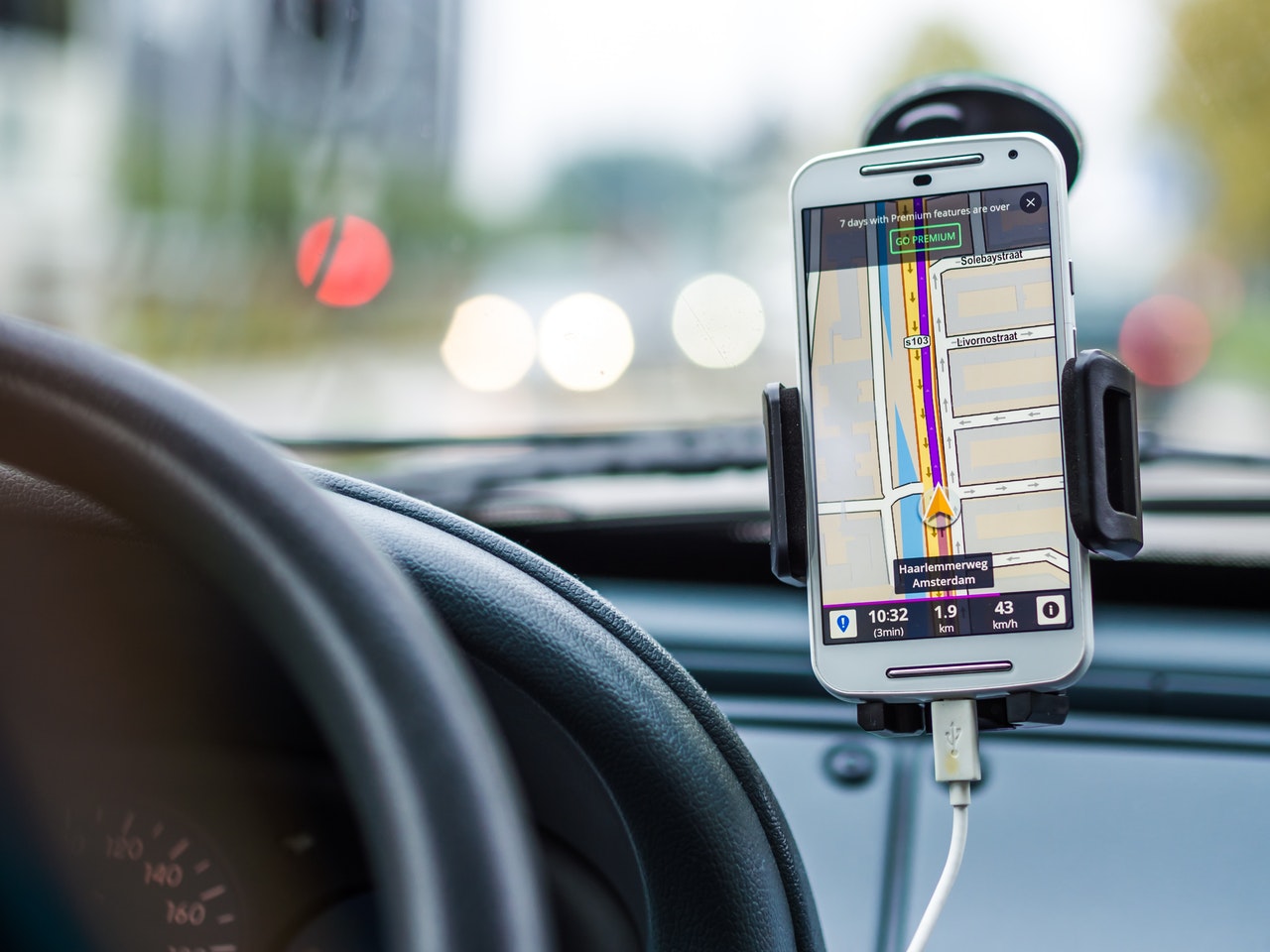
From Fantastic To Frustration – Breaking Down Relevance In The Digital Age
December 12, 2018
From Fantastic To Frustration – Breaking Down Relevance In The Digital Age
This opinion piece by Pip Stocks originally appeared in Marketing Magazine. View the original article here.
I know I should be writing that expected Christmas themed blog, and I have to admit I tried to make a spurious link to this topic (stressful time, reevaluating life) but it came across as wanky. So here goes the Christmas article – and final for 2018 – that has nothing to do with Christmas.
One of the girls at BrandHook caught an Uber the other day and was totally frustrated that the driver was not using his own intuitive or knowledge to avoid all the traffic jams. In fact, he followed the Uber navigation system so closely that it didn’t really make sense, said BrandHook-team-member nearly combusted with anger in the back seat.
But don’t we love Uber? Hasn’t it revolutionised the way we travel around town?
I have often used Uber as a shining example of how to deliver to a customer need. ‘When your Uber arrives in under four minutes, your expectations of all the brands in your life changes’, I said. ‘It has sold a classic customer pain-point – waiting’.
But now that the market is established with a variety of taxi types that do all arrive quickly, our needs have changed. We are looking for more because our initial functional desire (speed and time) has been satisfied.
Having launched in March 2017 on International Women’s Day, Shebah is for women and their school-aged children. Female drivers get to work when it suits them in safe environment and female passengers no longer feel vulnerable. With the basic need of time and speed covered, Shebah offers its customers something more – safety – and remains relevant for its customers.
George McEncroe, founder of Shebah, says, “All ride share apps have two customers to serve – drivers and passengers. The commodity that is scarce for women as workers is flexibility, and for passengers it’s safety. By listening to its customers and having face-to-face conversations, Shebah entered the market with this unique positioning.
At Uber the focus has been largely on delivering to the passenger at the lowest price. And that was fine until rival entrants joined the market. Now it needs to find a new way to keep its drivers satisfied or they will lose passengers. No one enjoys traveling with a grumpy driver.”
What should a company like Uber be doing to keep its drivers happy and staying relevant for its customers? We have three recommendations:
- Measure customer sentiment – put a couple of measurements in place to help measure opinions and trends over time. Trust, perception and satisfaction, for example, are good numbers to look at and help identify dips in brand closeness and relevance.
- Have regular face-to-face conversations with your customers – talking to our customers regularly is key. You might be an amazing marketer or founder but do not assume you know what your customers want or even what their life is like. Let them tell you in their own words.
- Co-create solutions with your customers – three years ago we worked with an (unnamed) territory organisation and as part of the work, co-created new products and courses with its potential students and current teachers. We called it ‘ Your Mix & Match’ degree. Last week I heard the University of New England’s radio ad talking about its ‘Design your own Bespoke Course’. It is basically the same idea. Bloody great work UNE, it is exactly what people want.
Staying relevant for brands is key for growth. With today’s digital culture, available choice and consumer power, it is no longer OK to be stagnant and hope for the best. A ‘brand-deliverer’ must be active, open and dynamic to drive brand success.
Merry Christmas and Happy Holidays. Rest up, brand managers, marketing managers and founders – you have a lot of work to do!

